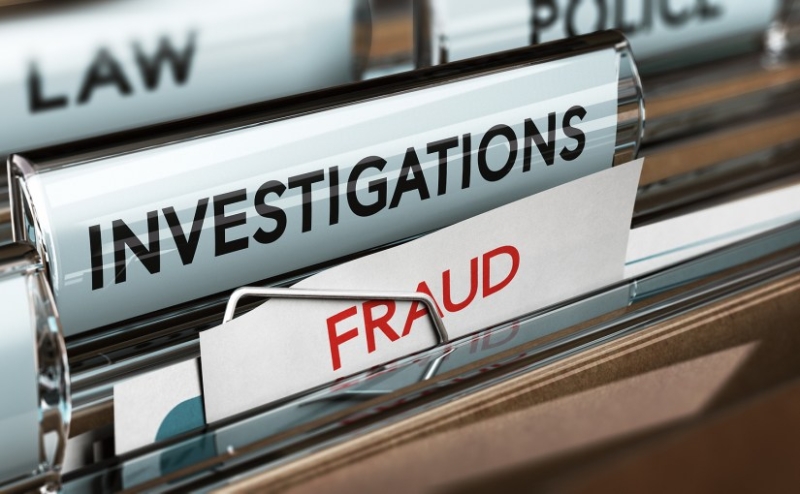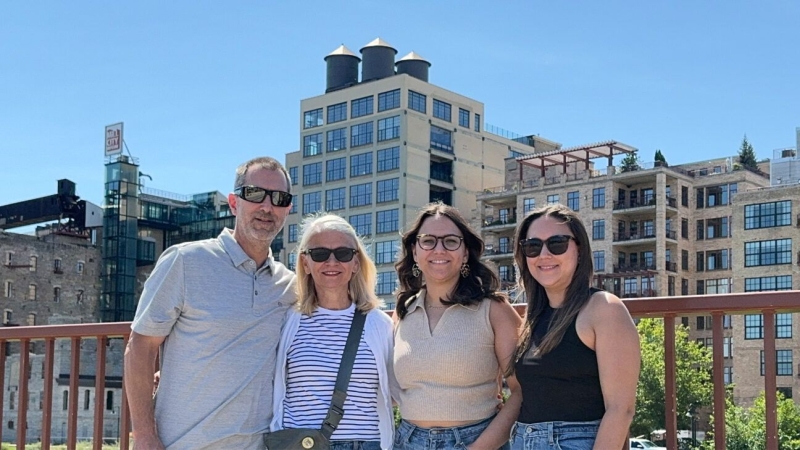
In June, in Harrington v. Purdue Pharma L.P., 144 S. Ct. 2071 (2024), the Supreme Court held that the Bankruptcy Code does not, as part of a bankruptcy plan, allow nondebtors to receive permanent injunctive relief through nonconsensual releases. Less than a month later, two U.S. bankruptcy courts addressed whether Purdue Pharma bars bankruptcy courts from issuing temporary injunctive relief for the protection of nondebtors, and both courts determined that it does not. And just a couple of weeks ago, a third U.S. bankruptcy court reached the same conclusion.
The Supreme Court clearly limited the scope of its Purdue Pharma ruling to the permanent releases before it. In July, the U.S. Bankruptcy Court for the District of Delaware tackled a precise question left unresolved by Purdue Pharma: Can a bankruptcy court issue a preliminary injunction to stay claims against nondebtors? Yes, the court held in Parlement Technologies.
The facts of Parlement Technologies are straightforward. The debtor, Parlement Technologies, and several of its former officers were sued in Nevada state court. While section 362(a) of the Bankruptcy Code automatically stayed the Nevada action against Parlement Technologies, it did not stay claims against the former officers, and Parlement Technologies therefore sought a temporary stay of those claims. Faced with whether it could temporarily stay an action against nondebtors in light of the Supreme Court’s Purdue Pharma ruling, the court concluded: “Purdue Pharma does not preclude the entry of such a preliminary injunction.” In re Parlement Techs., 24-10755 (CTG) (Bankr. D. Del. Jul. 15, 2024).
The court went on to describe the four-factor test for granting a preliminary injunction: (1) likelihood of success on the merits, (2) irreparable injury to plaintiff or movant absent an injunction, (3) harm to defendant or nonmoving party brought about by the injunction, and (4) public interest. In addressing the likelihood of success on the merits, the court considered how Purdue Pharma altered the traditional “success on the merits” calculation. Given the Purdue Pharma holding – that nondebtors may not receive permanent injunctive relief in the form of nonconsensual third-party releases – success on the merits in a temporary stay determination cannot be based on the likelihood that the nondebtors would be entitled to a nonconsensual third-party release. Clearly, that factor would never be met.
Instead, a court should find a likelihood of success on the merits when it concludes that (1) a preliminary injunction is necessary to permit debtors to focus on reorganization, or (2) the parties may ultimately negotiate a plan that includes resolution of the claims against nondebtors. After focusing primarily on the debtor’s failure to meet this first element of the four-factor test – success on the merits – the court declined to issue the preliminary injunction.
The same week that the Parlement Technologies court denied the temporary injunction, the U.S. Bankruptcy Court for the Northern District of Illinois – in Coast to Coast Leasing – granted a preliminary injunction staying state court litigation against nondebtors. Coast To Coast Leasing, LLC v. M&T Equip. Fin. Corp. (In re Coast to Coast Leasing), No. 24-03056 (Bankr. N.D. Ill. Jul. 17, 2024). The Illinois court addressed both the Purdue Pharma and Parlement Technologies decisions, and relied on a three-factor Seventh Circuit test used to determine whether a bankruptcy court may enjoin proceedings in another court: (1) those proceedings defeat or impair its jurisdiction over the case before it, (2) the moving party established likelihood of success on the merits, and (3) public interest.
The Coast to Coast court issued the temporary injunction. The court stressed that unlike Purdue Pharma, where the nondebtors sought to release and enjoin claims, the case before it involved only a temporary injunction (of two weeks). And unlike in Parlement Technologies, there was a likelihood of success on the merits based on both of the above-noted measures set forth in the Parlement Technologies decision ((1) a preliminary injunction is necessary to permit debtors to focus on reorganization, or (2) the parties may ultimately negotiate a plan that includes resolution of the claims against nondebtors).
These two cases point to the conclusion that Purdue Pharma does not preclude bankruptcy courts from temporarily staying claims against nondebtors. On September 13, the U.S. Bankruptcy Court for the Eastern District of Louisiana similarly stated, “under certain circumstances, a bankruptcy court may issue a preliminary injunction that operates to stay actions against nondebtors.” La. Dep’t of Envtl. Quality v. Tidewater Landfill, LLC (In re Tidewater Landfill LLC), No. 20-11646 (Bankr. E.D. La. Sep. 13, 2024). That court cited both Parlement Technologies and a pre-Purdue Pharma Fifth Circuit case, Feld v. Zale Corp. (In Re Zale Corp.), 62 F.3d 746 (5th Cir. 1995), suggesting that preliminary relief should not be treated differently after Purdue Pharma.
That court did not reach the relevant motion, but its clear statement of the law is instructive. Together this trio of cases provides guidance to debtors seeking temporary stays for nondebtors in the wake of Purdue Pharma.
© 2024 Binder & Schwartz LLP. All Rights Reserved by: Eric B. Fisher of Binder & Schwartz For more news on Purdue Pharma and Bankruptcy, visit the NLR Bankruptcy Restructuring section.




